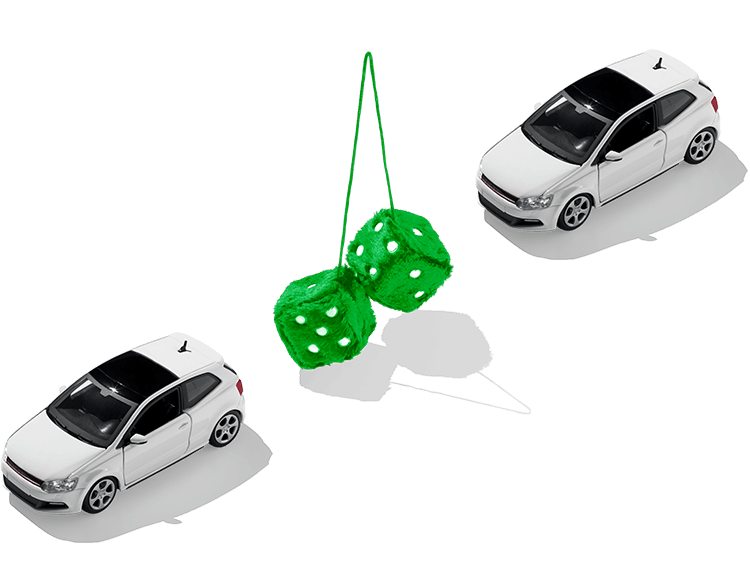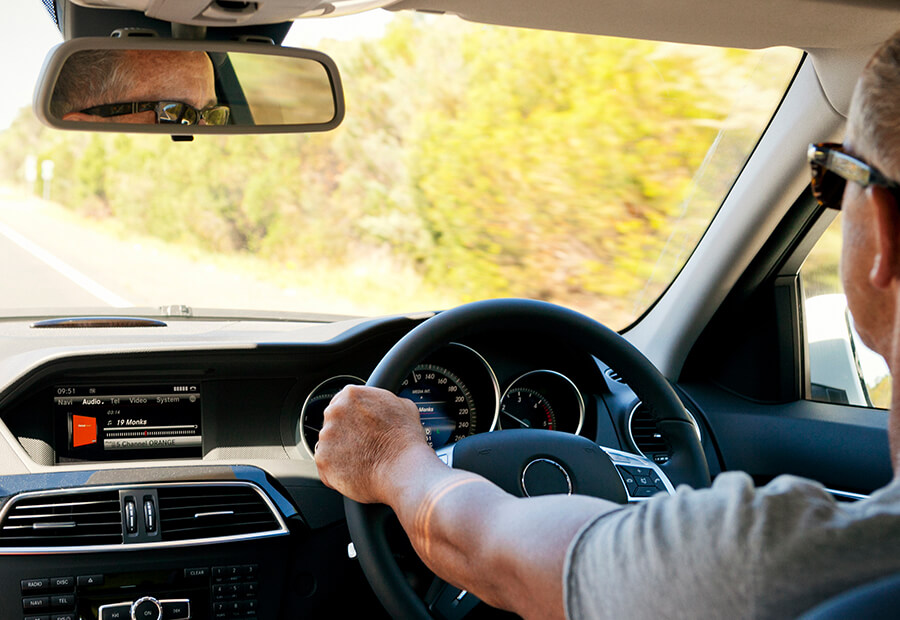Car Insurance for Additional Miles Driven on Lease
Lease car insurance

Car leasing and insurance
A lease car doesn't belong to you - you're just taking care of it, driving it and paying 'rent' until the end of your lease contract.
However, insurance isn't included with your payments. You are legally responsible for arranging car insurance, even though you're not technically the owner of the vehicle.

How does car insurance for lease cars work?
If you're shopping around for car insurance, you can just as easily get quotes for a lease as you can if you owned the car. And insurance for a lease car is the same as any other car - just compare providers to find cover that suits you, choose a policy and off you go.
Lease cars with insurance already included aren't commonly available, but it's easy to find the right cover.
The cost of car insurance for lease cars and those that are owned outright isn't much different, but it's always worth comparing quotes to make sure you get the right policy.
Here's how to cut the cost:
-
Lower insurance groups
Car insurance groups are based on things such as the engine size and car type. The lower the group, the less risky it is to insure, and so, the lower your premiums.
-
Vehicle value
If your lease car costs a lot, your insurer will have to pay out more for repairs or replacement, which will reflect in your insurance premiums.
-
Named drivers
Adding an inexperienced or young driver to your policy will increase the cost of your insurance. Having a named driver with years' worth of experience could lower the price.
-
No claims bonus
Drivers are rewarded for not claiming on their insurance. Build up your no claims discount to save on your premiums
-
Paying annually
Similarly to leasing a car, insurers will add a small amount of interest if you pay your insurance off monthly. So, paying in one lump sum could be cheaper in the long run.
-
Secure parking
Your insurance might cost less if you keep your leased vehicle in a secure drive or garage overnight - it'd probably give the dealership some peace of mind too.
Join over a million customers with free £250 excess cover^
What's an excess? It's the amount of money you agree to pay towards a claim when you take out insurance.
Don't worry – GoCompare will refund up to £250 of your excess^ if you do need to claim.
We've already refunded £1 million* to customers!
Claim your free £250 excess cover >
^Up to £250 refunded after claim settled. Car insurance purchases only. Excludes breakdown, windscreen and glass repair/replacement. Full T&Cs apply.
*Between July 2019 and November 2020, £1M has been refunded to free excess cover customers following a successful claim.

What happens if your lease car's in an accident?
Different dealerships might have different requirements, but here's a bit of general guidance on what to do if you damage or write off a lease car:
Report the accident
If you're in an accident or there's significant damage to your car, report it to the police and let the leasing company know.
You also need to inform your insurer, whether you're planning to make a claim or not.
If you're just starting your lease
The dealership might ask you to pay off the remaining balance of the lease or suggest a settlement figure.
Depending on the circumstances, your car insurer might offer a pay out, which could help towards paying off the lease.
If you've got replacement car cover, your insurer might be able to provide you with one.
If you're near the end of your contract
The finance company will probably ask you to pay a lease car damage charge, so check the T&Cs of your insurance to see what and how much it covers.
Is leasing a car a good idea?
Personal contract purchase (PCP) and hire purchase (HP) have traditionally been two of the most popular forms of car finance.
Leasing - also known as personal contract hire (PCH) - is becoming more popular due to the benefits attached to it, such as:
- Potentially lower monthly repayments
- A wider range of cars for your budget
- Don't need to worry about reselling the car once your contract is up
On the other hand, you have to give up the car at the end of the term and you're tied in for the duration of your contract.
Only you can decide whether leasing or buying a car is right for you, so consider your options carefully.
How does leasing a car work?
After you've found a lease deal that suits you, leasing arrangements generally work like this:
-
You pay an upfront sum and then lower fixed monthly payments for the rest of the term
-
Some car lease deals come in bundles - so you get extras such as car insurance, breakdown cover, tax and/or servicing included
-
Some lease agreements limit the amount of miles you can drive. You'd need to pay extra for any additional miles
-
After the lease term is up, you give the car back
As long as your lease car is in good condition at the end of the lease term and you've stayed within your mileage, you can simply hand it back with no extra charges and move on to your next lease deal"
Ryan Fulthorpe - Motoring expert at GoCompare
Gap insurance for lease cars
Contract hire Gap (Guaranteed Asset Protection) insurance will cover the amount between the value of the remaining finance and the current market value of the car.
You don't legally need Gap insurance for a personal lease car. It's normally most useful if you're paying off finance to end up owning the car.
As this isn't the case with leasing, it might not be for you.
Just consider that writing off the car could be very expensive, so weigh up your circumstances to see if you could afford to pay a lump sum.
Car insurance guides
GoCompare uses cookies. By using the website you agree with our use of cookies.
Continue
Car Insurance for Additional Miles Driven on Lease
Source: https://www.gocompare.com/car-insurance/lease-cars/